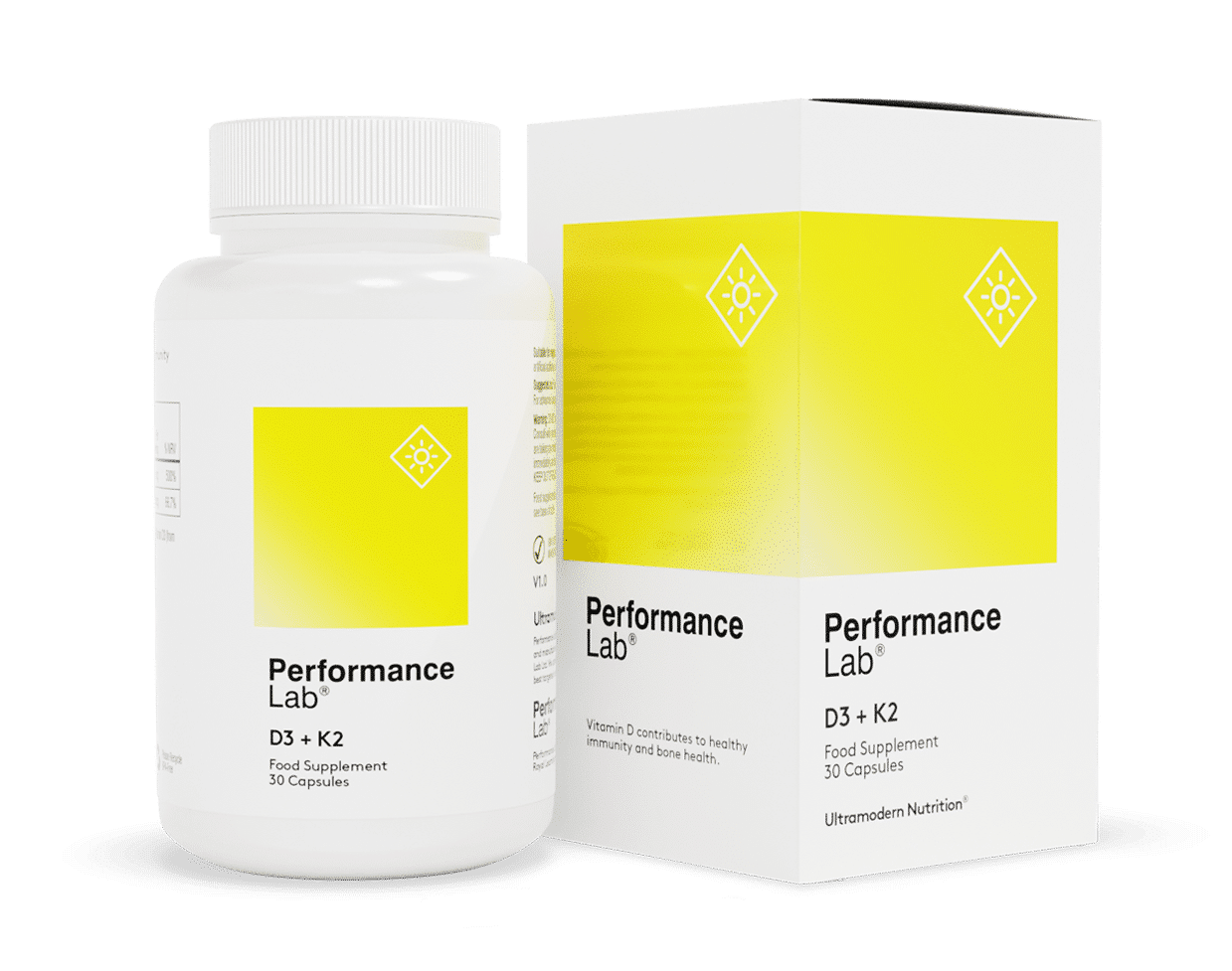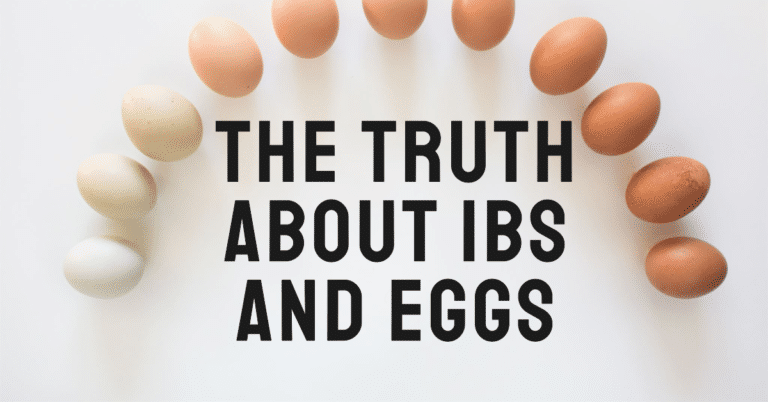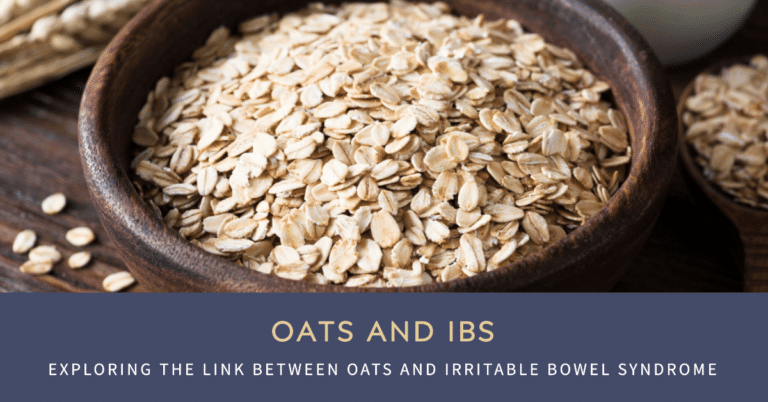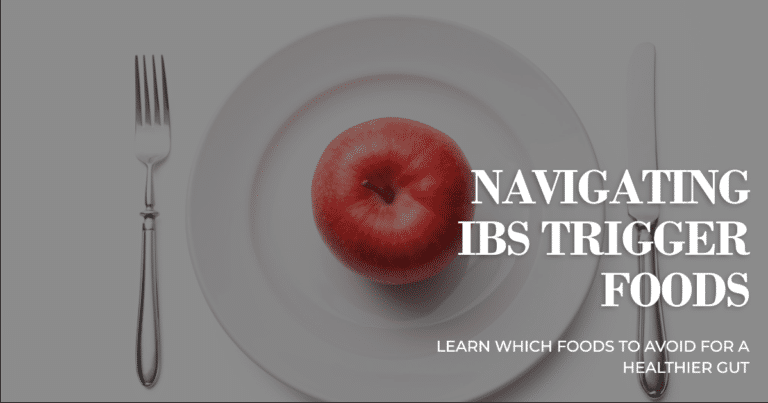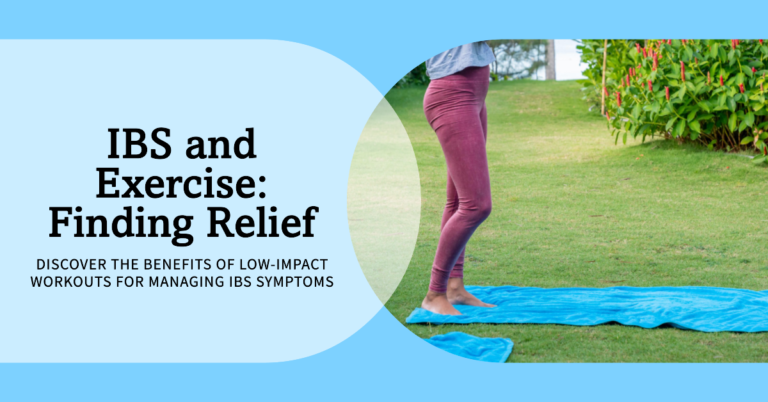IBS and Artificial Sweeteners: The Ticket to Digestive Discomfort?
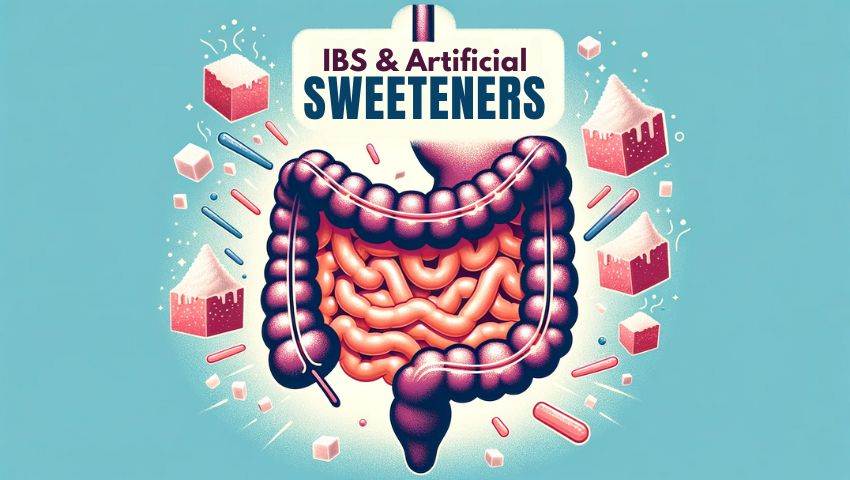
Discover everything you need to know about IBS and artificial sweeteners from someone who’s witnessed their effects firsthand!
Artificial sweeteners may seem like a calorie-free blessing, but for those with IBS, they can be a curse in disguise.
While they promise to sweeten your food and beverages without the sugar, artificial sweeteners can wreak havoc on a sensitive digestive system.
Luckily, you can help better manage your symptoms of IBS while satisfying your sweet tooth by opting for low FODMAP alternatives:
| High FODMAP Artificial Sweeteners | Low FODMAP Alternatives |
|---|---|
| Mannitol | Aspartame |
| Sorbitol | Saccharin |
| Xylitol | Sucralose |
| Maltitol | Stevia |
| Isomalt | Glucose |
I’ve personally experienced the effects artificial sweeteners can have on the body, and it’s not pretty!
For a more in-depth look into the link between IBS and artificial sweeteners, read on.
Key Takeaways
• Artificial Sweeteners & Gut Health: Many artificial sweeteners can disrupt the balance of gut bacteria, leading to IBS symptoms.
• Personal Experience Matters: Everyone’s body reacts differently. What causes discomfort for one might be safe for another.
• Natural Alternatives: There are natural sweeteners that might be gentler on the gut, like stevia or monk fruit.
• Consultation is Key: It’s always a good idea to discuss dietary changes with a healthcare professional, especially when living with IBS.
Do Artificial Sweeteners Aggravate IBS Symptoms?

It’s not just hearsay. Delving into scientific studies, there’s evidence suggesting that specific artificial sweeteners can cause IBS flare-ups.
But what’s the deal?
When I first learned about my IBS, I thought reducing my sugar intake and replacing it with artificial sweeteners would be a safe bet.
Boy, was I wrong.
Artificial sweeteners, despite being calorie-free, can cause a significant disturbance in our gut.
Especially for those of us with IBS, these sugar substitutes might be more harmful than helpful.
Unleash your full potential with Performance Lab D3 + K2 - the ultimate supplement for optimizing strength, vitality, and overall well-being. Elevate your health journey and experience a new level of greatness today!
The Science Behind It
The gut contains a delicate balance of bacteria essential for digestion.
And if you disrupt this balance, it’s inevitable that you’ll experience unwanted symptoms – especially if you’re an IBS sufferer.
Artificial sweeteners, especially ones like sorbitol, can shift this balance, leading to digestive issues like constipation and diarrhea.
It’s worth keeping in mind that research shows that artificial sweeteners could change the gut’s microbiota composition, potentially triggering IBS symptoms [1].
Personal Encounters with Artificial Sweeteners
I remember sipping on a diet soda during a movie night and waking up the next morning with intense cramps.
It took me a while to make the connection, but after some research and personal observation, it became clear: artificial sweeteners are not my friends.
Perhaps you’ve noticed that after consuming something with artificial sweeteners and your tummy just can’t seem to cope.
If that sounds familiar, I feel you!
I can’t even count the number of times I’ve had tummy troubles after having something containing artificial sweeteners.
And don’t even get me started on the ‘dry mouth’ feeling it gives!
No thanks…
Processed Foods And Artificial Sweeteners: A Recipe For Disaster?
Head into your local grocery store, and you’ll find processed foods galore.
Many of these foods contain some form of artificial sweetener – they’re pretty hard to avoid nowadays.
Sugar-free this, sugar-free that.
On almost every label you look at, you’ll see ‘saccharin’, ‘aspartame’, etc. The list goes on!
But it’s worth noting that ingredients such as these are known to potentially worsen IBS symptoms.
If you find they can be a trigger, I’d highly recommend speaking to a registered dietician.
Speaking to one that specializes in IBS was definitely one of the best decisions I’ve made since my diagnosis!
Why Some Sweeteners Are More Problematic
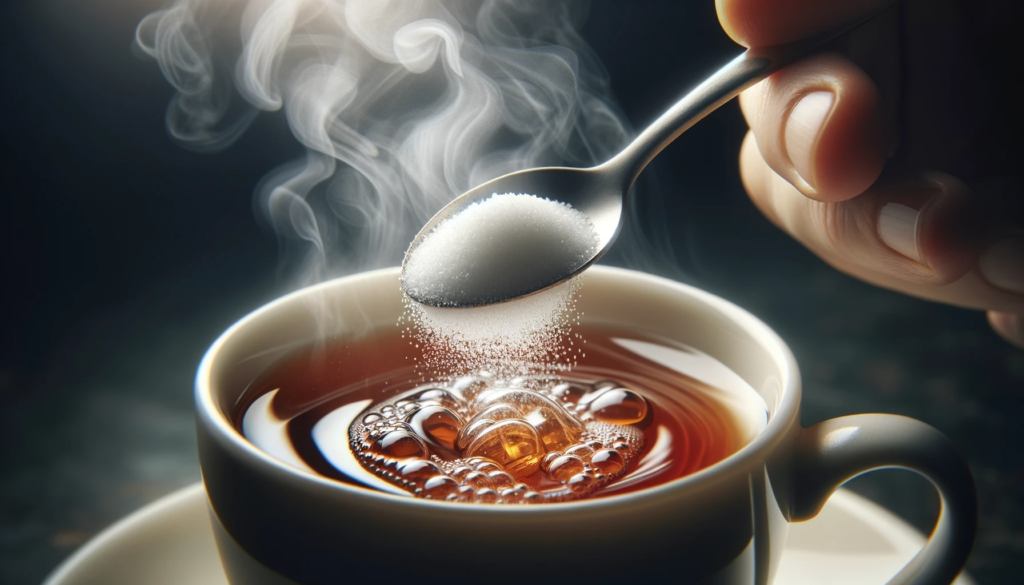
Let’s get one thing straight – not all artificial sweeteners are created equal.
Sorbitol, a prevalent sugar substitute in sugar-free gums and candies, is notorious among the IBS community.
Being a sugar alcohol, it’s difficult for the digestive system to process, especially for IBS sufferers.
An array of symptoms can occur as a result – from gas and bloating to more severe issues like diarrhea.
Aspartame, another common sweetener, has been linked to headaches and migraines [2].
That only further complicates matters for IBS sufferers who might already be prone to such issues due to their condition.
Struggling to get your symptoms in check? The best IBS supplements could help!
Natural Alternatives: A Safer Bet?
For those searching for a digestive-friendly sweetener, natural alternatives like stevia or monk fruit might be the answer.
Derived from plants, these sweeteners are often better tolerated by the digestive system.
They lack the synthetic components found in many artificial sweeteners, which are the primary culprits behind digestive issues.
However, I’d highly recommend that you proceed with caution.
Introduce these into your diet gradually, monitor your body’s response, and ensure they don’t trigger unwanted symptoms.
The Link Between Artificial Sweeteners and FODMAPs
Many aren’t aware that several artificial sweeteners fall under high FODMAP foods, including those mentioned earlier.
FODMAPs, or fermentable oligosaccharides, disaccharides, monosaccharides, and polyols, are specific types of carbohydrates that some people find hard to digest.
For those with IBS, consuming high FODMAP foods can lead to severe discomfort, which I’ve witnessed first-hand.
Under the guidance of a registered dietician, I followed a low FODMAP diet for a few weeks.
While it was tough, I was able to discover which ingredients affected my body the most.
Inulin, I’m looking at you!
Still need relief? – check out my guide to irritable bowel syndrome self-care for essential IBS management tips.
Closing Thoughts – IBS and Artificial Sweeteners
For those with irritable bowel syndrome, the world of artificial sweeteners is a balancing act.
It’s about being informed, making wise choices, and always putting your health first.
Trust yourself, and when in doubt, turn to experts for guidance.
Hungry for more on IBS? Dive deeper into its triggers and symptoms.
Disclaimer: This content is based on my personal experience as an individual diagnosed with celiac disease and IBS (Irritable Bowel Syndrome) who follows a strict gluten-free diet. This does not constitute medical advice. Please consult a medical professional, nutritionist, or qualified dietitian for personalized, professional advice.

